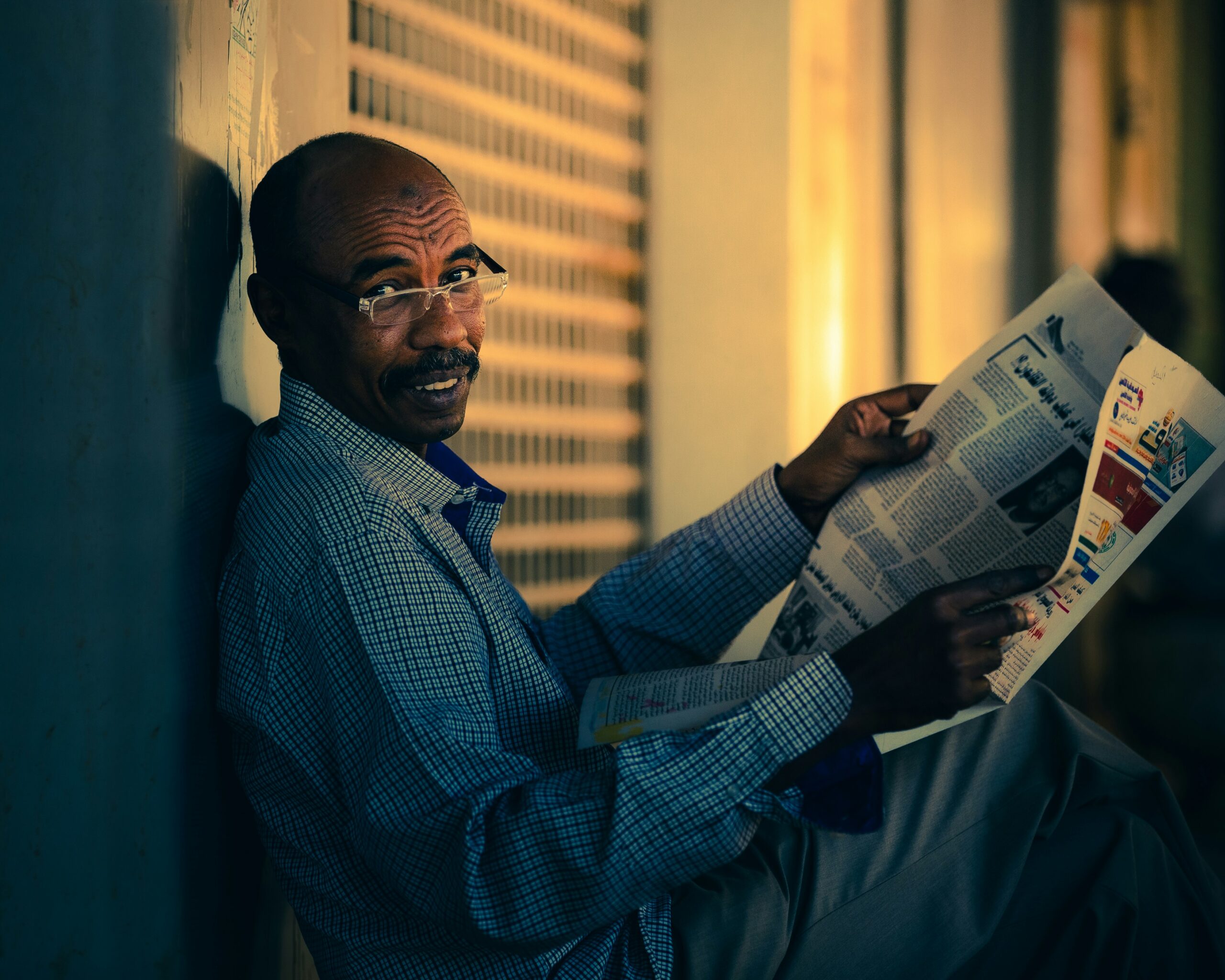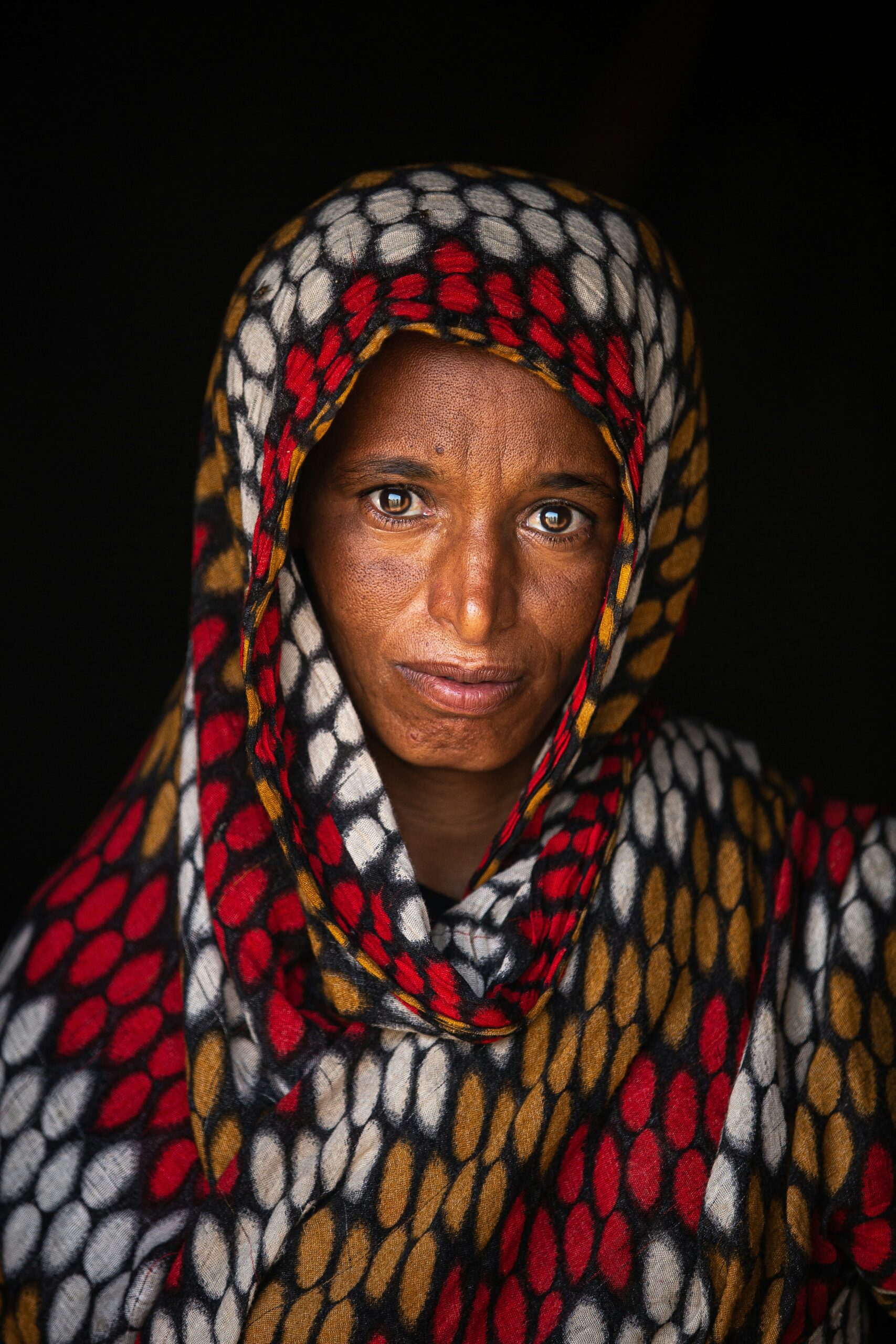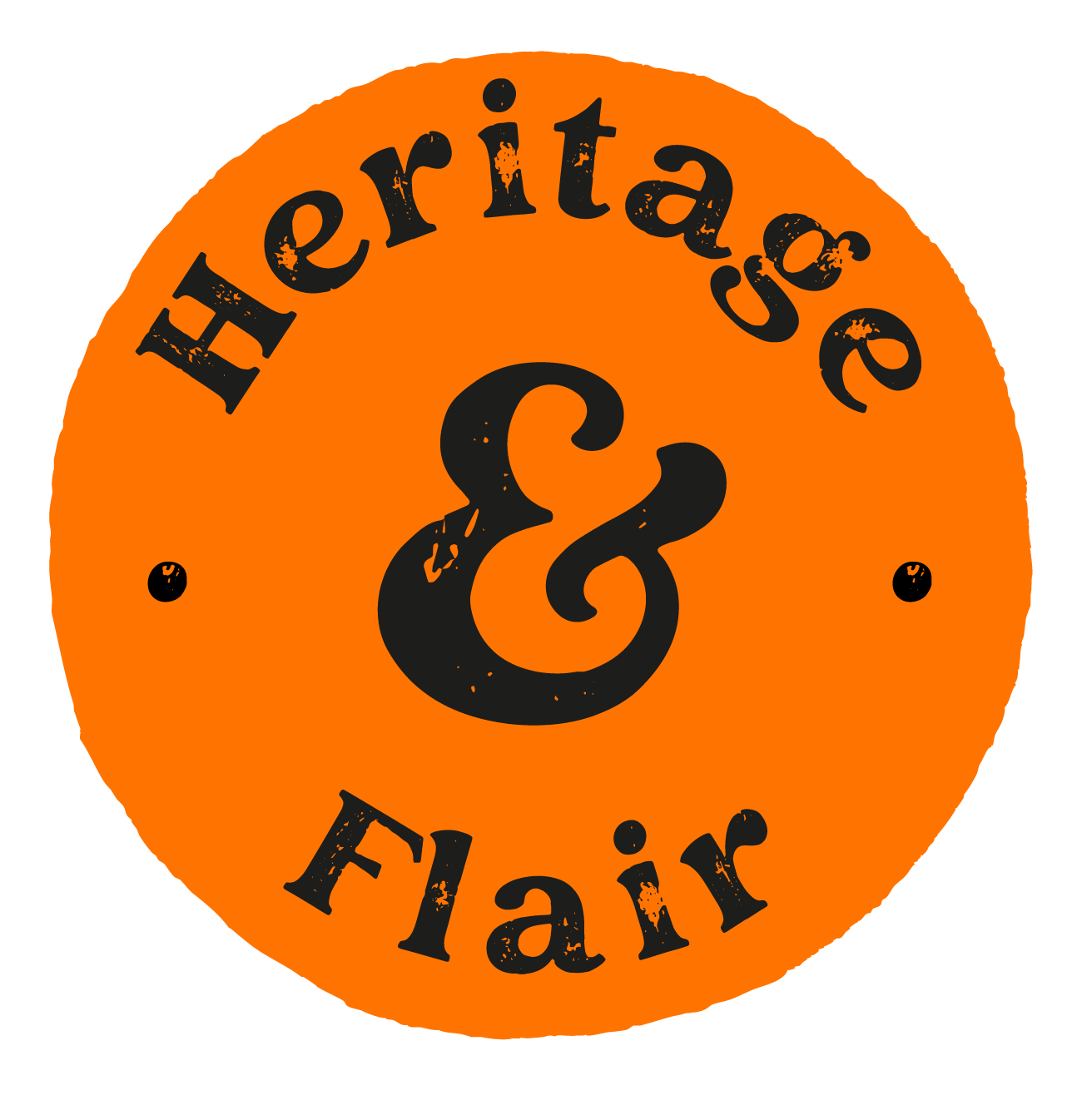
Photo by Alghali Ahmed
Sudan
Sudan is a country located in northeastern Africa. It is the third-largest country in Africa by area, bordered by Egypt to the north, the Red Sea to the northeast, Eritrea and Ethiopia to the east, South Sudan to the south, the Central African Republic to the southwest, Chad to the west, and Libya to the northwest.
Khartoum, located at the confluence of the Blue Nile and White Nile rivers, is the capital and largest city of Sudan. Arabic and English are the official languages of Sudan. Arabic is widely spoken, and English is often used in official and educational contexts.
Sudan has a diverse population of over 44 million people. The country is home to various ethnic groups, including Arab, Beja, Nubian, Fur, and Nuba, among others.
Sudan gained independence from joint British and Egyptian rule on January 1, 1956. Initially, it was established as a parliamentary democracy. The country has experienced prolonged civil conflicts, notably the Second Sudanese Civil War (1983–2005) between the north and south, which eventually led to the secession of South Sudan in 2011, becoming an independent nation.
Sudan has undergone political changes in recent years. After a period of military rule, a transitional government was formed in 2019, comprising both civilian and military leaders. Islam is the dominant religion in Sudan, and the majority of the population is Sunni Muslim. There are also small Christian and indigenous religious communities.
The Nile River, one of the world’s longest rivers, flows through Sudan. The confluence of the Blue Nile and White Nile in Khartoum marks a significant geographical feature. Agriculture plays a crucial role in Sudan’s economy.
Sudan is rich in natural resources, including oil and minerals. Oil production has been a significant factor in its economy, although fluctuations in oil prices have affected the country’s economic stability
The Darfur conflict, which began in the early 2000s, involved violence and displacement in the western region of Darfur and is believed to still be going on until today.
The ancient city of Meroe, located in Sudan, was the capital of the Kingdom of Kush. The site is known for its archaeological treasures, including the Pyramids of Meroe, which are distinct from the Egyptian pyramids.
Despite its challenges, Sudan has a rich history, cultural diversity, and vast landscapes that contribute to its significance in the African continent. Ongoing efforts aim to address political and economic issues and foster development.
Hidden Insights: Uncovering Sudan
1. Lively Street Markets: Sudanese cities, especially Khartoum, boast vibrant street markets offering a variety of goods, from traditional handicrafts and fabrics to spices and street food. The markets provide a lively and colourful glimpse into daily life.
2. Mud Architecture in Dongola: The town of Dongola in northern Sudan is known for its traditional mud-brick architecture. The houses are built using local materials, showcasing the ingenuity of Sudanese architecture in adapting to the local environment.
3. Sudanese Wrestling: Traditional wrestling, known as “Nuba Wrestling,” is a popular sport in Sudan. It has cultural and social significance, often accompanied by music and dance. Competitions can draw large crowds and are an important part of community events.
4. Traditional Sudanese Music: Sudanese music is diverse, with various traditional genres. The country has produced notable musicians, and traditional instruments such as the oud and the tanbura play a significant role in Sudanese musical heritage.

Photo by Mohammed Abdulaziz

Photo by Mohammed Abdulaziz
Capital City: Khartoum
Population: 49,197,555 (2023 est.)
Nationality: Sudanese (singular and plural)
Location: North-eastern Africa
Languages: Arabic (official), English (official), Nubian, Ta Bedawie, Fur
Religion: Sunni Muslim, small Christian minority
Area Total: 1,861,484 sq km
Rwanda Embassy/High Commission in UK
Address:3 Cleveland Row, St James’s, London, SW1A 1DD
Website: https://www.sudanembassy.org.uk
Correcting The Map: The True Size Of Africa
The Mercator Projection downplays the size of Global South continents as it makes the Global North look larger
Heritage: What shapes us?
When heritage is mentioned, our minds often leap to the spectacular and the visible: the grandeur of world heritage sites, the majesty of traditional attire, the vibrant swirl of dances and festivals, or the melodies of mother tongues. These are the showpieces of...
HER-itage: Africa’s Phenomenal Queens And Leaders
Honouring and celebrating the incredible contributions of women throughout African history. These remarkable women have shaped nations, led revolutions, and stood against oppression with unwavering resilience. These queens, warriors, and visionaries broke barriers,...
